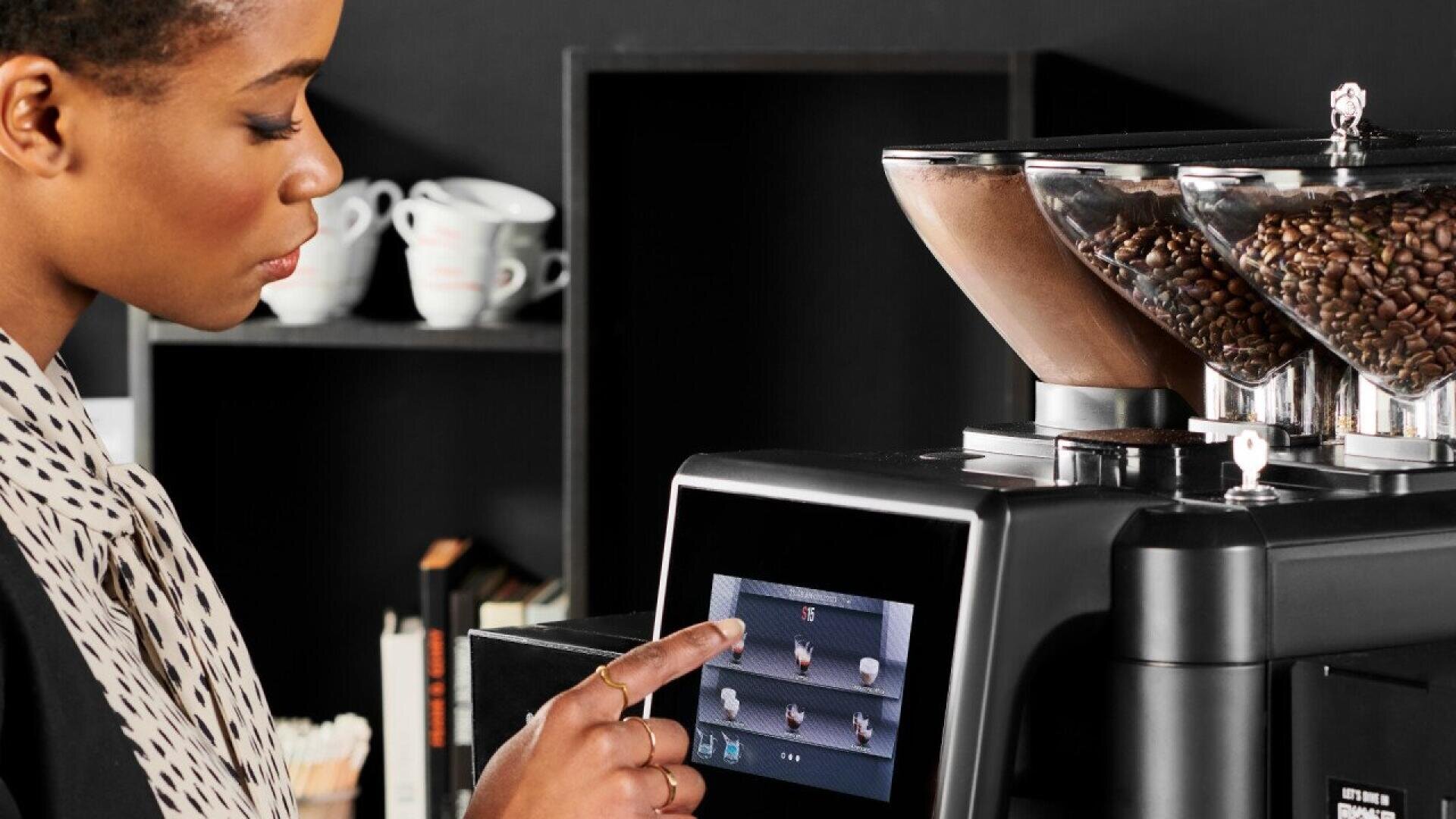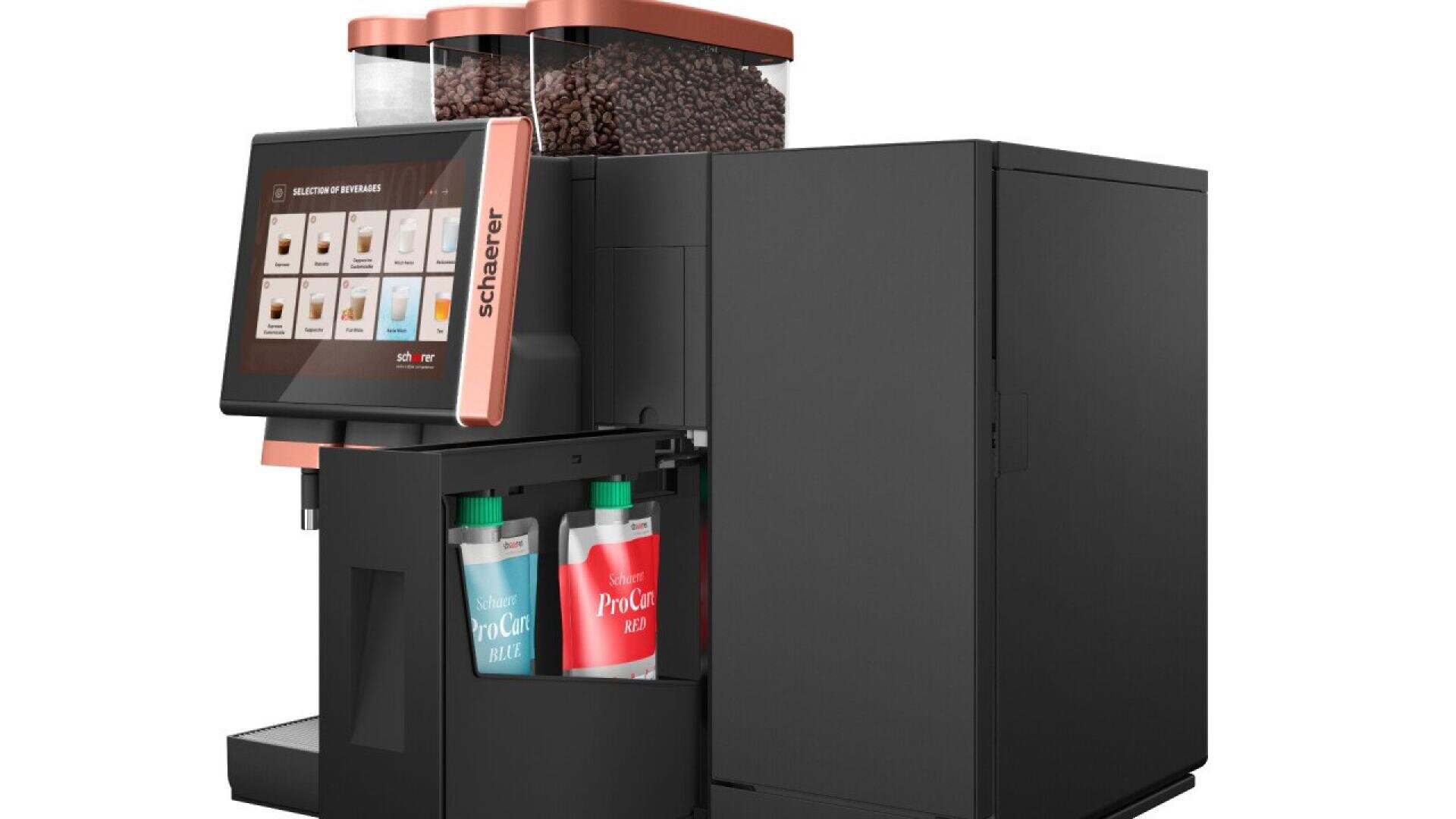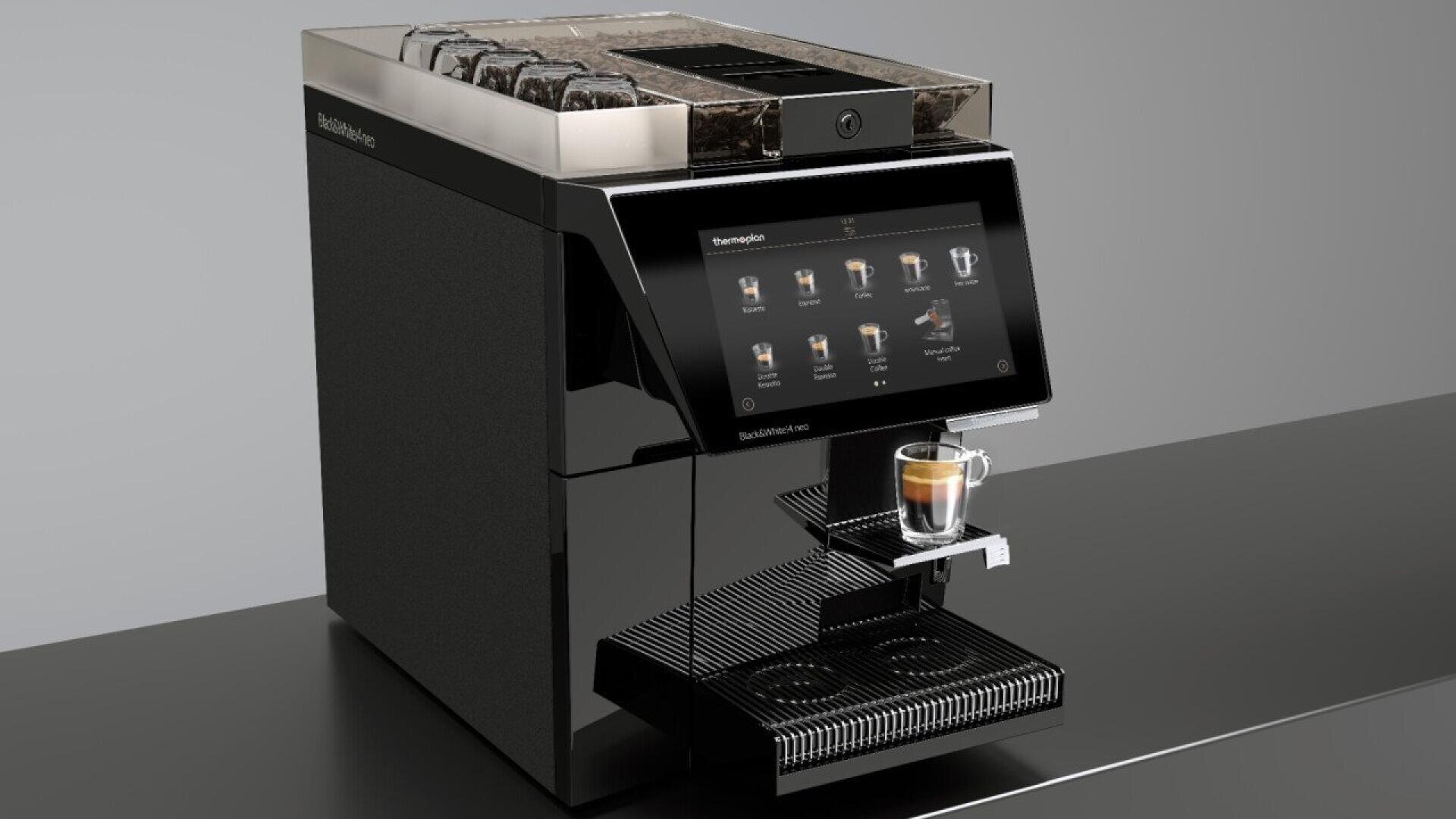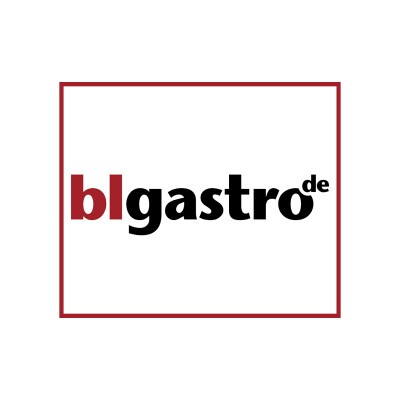Espresso skills
To get a quality espresso, it has to come from the traditional portafilter machine and be prepared by a professional barista? Those days are long gone.
Germany was one of the first countries to learn to recognise and appreciate Italian espresso. "However, there are differences in eating habits between northern and southern Germany and between the eastern and western parts of the country. And this diversity is also evident in espresso consumption, which is particularly widespread in the southern German states," says Marco Meloni, Category Manager at Gruppo Cimbali.
"In Switzerland, espresso is highly favoured by coffee drinkers. In Austria and Germany, on the other hand, café crème or espresso-based coffee specialities such as cappuccino or latte macchiato (nowadays also vegan) are more popular," says Hansjürg Marti, Managing Director of Schaerer Germany and Director of Sales & Service DACH at Schaerer AG.
According to surveys by Gruppo Cimbali, high-quality espresso is often drunk in Germany. "Our observations on the German market - especially in the capital Berlin - also confirm the trend towards speciality coffee. As a group, we are supporting this by developing apps that provide information and details about the origin, quality and characteristics of the different types of coffee as well as their supply chain," explains Marco Meloni.
The espresso does not necessarily have to come from a portafilter machine. "Fully automatic machines make sense wherever there is a lack of trained staff or a barista, consistent quality is crucial, high-quality coffee of the same quality needs to be prepared at peak times and where self-service is required," summarises Tim Sellmann, Senior Product Marketing & Communications Manager for Germany and Austria at Franke Coffee Systems.
"Espresso is generally on the rise and gaining in importance," observes Martin Ulrich, Head of Area Sales Management at Thermoplan. This can also be observed in countries where brewed coffee is usually drunk. "However, the popularity of pure espresso varies from country to country, which is why the consumption of pure espresso from fully automatic machines ranges between 5% and 25%." The weighting of espresso becomes even stronger when espresso-based products such as espresso macchiato, cappuccino, etc. are taken into account. "In this case, espresso even accounts for a large to majority share of the products," explains Martin Ulrich.
Stefanie Sterzer, Coffeologist and Teamlead Product Training & Coffee Competence at WMF Professional Coffee Machines, sees an interesting development: "The number of espressos dispensed on WMF fully automatic coffee machines is increasing, but at the same time the proportion of pure espresso is decreasing." One explanation is the trend towards espresso-based blended coffee drinks, which today go far beyond the classic cappuccino and include vegan creations or coffee cocktails such as the espresso (gin) tonic.
Marco Meloni from Gruppo Cimbali sees an increasing demand for coffee machines in the hotel industry - and for high-tech and automated appliances in general. "This is mainly due to two factors: the increasing shortage of skilled labour in the hospitality industry and the growing need to reduce operating costs." The fully automatic machines from Gruppo Cimbali fulfil both of these requirements. On the one hand, they can also be operated by non-specialised staff for perfectly brewed coffee. On the other hand, the "Global Remote Service Program" developed together with TeamViewer supports the customer remotely, thus avoiding technician visits and optimising repair times and costs.
The technology
Today, the setting options of professional fully automatic coffee machines are at a very high level. Those who rely on the established suppliers on the market can expect very good espresso quality. "What makes the espresso from a fully automatic coffee machine from Schaerer perfect is the fact that for us it is the benchmark for the beverage quality of our machines," explains Hansjürg Marti.
Both in the development of Schaerer technologies and in the training of service technicians, the focus is on the perfect espresso. Water that is too hot, over- or under-extracted beans or coffee that is ground too coarsely will not be forgiven in terms of flavour. "During commissioning on site, the service technicians' extensive coffee knowledge ensures that all the setting parameters - from grind size, grammage, brewing pressure to temperature - are optimally coordinated to bring out the full flavour of the espresso in the cup. Incidentally, we use an objectively reliable indicator for coffee quality when making the settings: the TDS value," explains Hansjürg Marti. This stands for "total dissolved solids" and indicates whether the coffee beverage has been ideally, under- or over-extracted.Once the service technician has set the relevant parameters, he can use the TDS measurement to make a well-founded, quantifiable statement about the beverage quality in the cup.However, to ensure that the beverage corresponds to the desired flavour profile, a TDS measurement is always accompanied by a tasting.
"The fully automatic coffee machines from Thermoplan guarantee consistently high quality in all coffee beverages," promises Martin Ulrich.The specially developed Intelligent Shot Quality technology (ISQ) ensures the perfect flavour of the coffee, even if there are deviations, such as a decrease in bean quality due to long storage in the containers.This ISQ technology uses sensors to continuously monitor certain parameters and compare them with a previously defined reference product.The settings of the fully automatic coffee machine, such as the grinder's grinding degree, are then automatically adjusted to achieve the values of the reference product.
At Franke Coffee Systems, iQFlow technology promises the perfect espresso. It adjusts the contact time and pressure with the ground coffee in real time."Unlike competitor technologies, historical data is not used to make adjustments for the future, but the adjustment is always made for the current beverage during preparation," explains Tim Sellmann.In addition, the programming can be set individually for each drink to represent different flavour nuances.The pure espresso can therefore be set differently to the espresso for the latte macchiato."In tasting tests, we were able to achieve a quality that comes close to 98% of the quality of portafilters when they are operated by trained baristas," he adds.
In addition to the balanced blend of Arabica and Robusta beans, three technical components are crucial for a perfect espresso: the optimum grind in combination with the ideal contraction time and the highest possible water quality."Jura fully automatic coffee machines master this interplay to perfection like almost no other manufacturer," promises Ralf Hüge, Managing Director of Jura Gastro.The company's engineers have developed the Product Recognising Grinder (P.R.G.) to ensure the optimum grind for various specialities such as espresso.Electronically controlled, the precision grinder adjusts itself individually to the predefined grind within fractions of a second - much faster than would be possible manually and thus guarantees a very fine grind, as required for the short classic espresso.
The ideal extraction time is another decisive factor for an optimum espresso result: the contact time between water and coffee powder is just long enough to release the flavouring substances from the coffee powder, but short enough to prevent the bitter substances and tannins from being washed out. "To ensure this, Jura has developed the pulse extraction process (P.E.P.®) for short specialities such as ristretto or espresso in addition to the standard brewing process," explains Ralf Hüge.
Coffee consists of 98% water. Fresh, cold water is therefore essential to achieve a perfect espresso result. Heating the water causes the limescale it contains to build up.With the Claris filter cartridge, Jura has developed an intelligent solution that protects the fully automatic machine from limescale deposits and at the same time guarantees consistently high water and therefore coffee quality.The granulate always filters limescale to the optimum level and also reduces harmful and flavour-impairing substances such as chlorine particularly efficiently.Minerals, which act as important flavour carriers, are retained.
"Excellent coffee quality and its consistency at the highest level are an absolute priority for us," explains Stefanie Sterzer from WMF Professional Coffee Machines.For this reason, WMF fully automatic coffee machines are equipped with innovative technologies that guarantee maximum process reliability and reproducibility - regardless of where the machine is used or who operates it.For the best result in the cup, the WMF fully automatic coffee machines allow you to adjust the grind, grammage and temperature, as well as other parameters such as the contact time of the coffee in the brewing unit, in order to extract the best from every bean.
Once the beverage setting has been made, the WMF Dynamic Coffee Assist feature monitors the coffee quality, ensuring even greater process reliability and consistently high espresso quality. The principle: The set grinding degree of the grinding discs is monitored by WMF Dynamic Coffee Assist - if there are deviations in the brewing time, the grinding degree and quantity are automatically readjusted.In this way, the brewing time, extraction and product input remain stable and the espresso quality remains constant cup after cup.
Last but not least, the SteamJet and cup sensor minimise all external influencing factors during beverage dispensing in order to keep the beverage temperature and therefore the coffee quality high during dispensing:The SteamJet brings each cup to the perfect temperature in a matter of seconds using the natural power of water vapour; the cup sensor ensures the optimum distance between the spout and the cup.
LaCimbali's bestsellers among HoReCa operators - from hotel chains to bakeries - are primarily the fully automatic machines S15, S20, S30 and S60."One of the reasons for this success is the flexibility guaranteed by the various models in the S line, which means they can be used in numerous environments with different requirements and sizes," explains Category Manager Marco Meloni.The company utilises Internet-of-Things technology, which ensures even greater user-friendliness for the end user.This allows them to select and customise coffee recipes independently, even without barista knowledge. Another important feature of the fully automatic machines are the metal brewing groups, which guarantee thermal stability of the coffee from the first brew of the day and ensure consistent quality throughout the day.The potential of the entire product range is enhanced by connectivity.When the machine is connected, useful data, for example on consumption and performance, is immediately available. Customers can thus organise maintenance work more efficiently and easily and obtain important information for their business.
Potential
With the right settings and the use of high-quality roast blends, an espresso prepared with this machine is in no way inferior to that from a portafilter. The setting parameters on fully automatic coffee machines have improved considerably in recent years. "We see the greatest potential for all machine manufacturers in communicating this equivalence in terms of coffee quality to the masses. Because in times of automation and a shortage of skilled labour/staff, the advantages of fully automatic coffee machines are becoming even more important," says Stefanie Sterzer from WMF Professional Coffee Machines.
In addition to regular maintenance, hygiene plays a crucial role in maintaining a consistently high level of flavour in day-to-day operations. Sensitising restaurateurs and their employees to the fact that machine cleaning is actually carried out according to the manufacturer's specifications harbours potential for even better espresso quality. "We have developed the fully automatic Schaerer ProCare cleaning system to provide our customers with optimum support for the cleaning process," explains Hansjürg Marti, Managing Director of Schaerer Germany. The add-on module stores cleaning powder for up to 100 fully automatic cleanings of the coffee and milk system. This means that service staff no longer have to worry about this issue for around three months - a big plus for hygiene and espresso quality, especially in times of staff shortages.
Thermoplan sees great potential for fully automatic machines in innovative and individual solutions. “These include the ability to create tailored beverage and flavor profiles, continually improving the quality and reliability of the machines, supporting customers in the preparation phase through ease of use, introducing new preparation methods and techniques and the goal of even better preparation.” sustainable production. Production and use “To become the design of coffee machines,” says Martin Ulrich.
Michael Teodorescu



